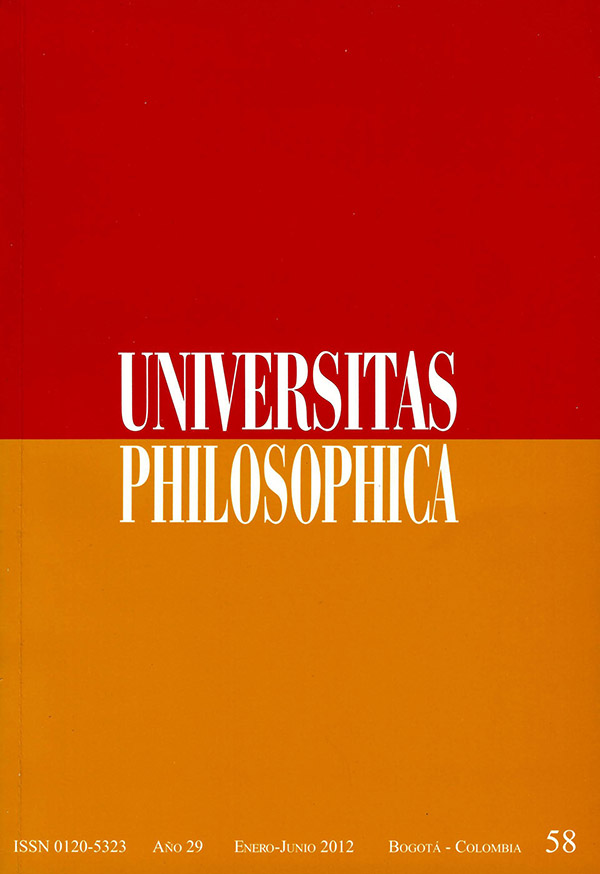Abstract
This text aims at Social Responsibility of enterprises using Hegel’s and Girard’s insights about institutions and violence. Hegel talks about claiming responsibility for decisions and their effects. Since enterprises are economical institutions oriented to satisfy private interests, they are inadequate to the demand of a universal guarantee for citizen’s rights. States should have that role, ensuring for every citizen the reality of these rights. This raises the question about reconciliation suggested by Girard. How does Hegel understand reconciliation? What can you expect from this conception for business?
I suggest a rapprochement between messianic and apocalyptic ideas from Benjamin and Girard, as an alternative to end violence. Social Responsibility can repeat the tragic history of philanthropy in 1831, which is just another form of reciprocal violence that begets violence, because it puts the law at the center of its proposal, and looks with misgiving at the deepest possibility to stop its own violence. At the same time, what Girard proposes opens many questions about the possibilities of reducing conflicts generated by enterprises.
This journal is registered under a Creative Commons Attribution 4.0 International Public License. Thus, this work may be reproduced, distributed, and publicly shared in digital format, as long as the names of the authors and Pontificia Universidad Javeriana are acknowledged. Others are allowed to quote, adapt, transform, auto-archive, republish, and create based on this material, for any purpose (even commercial ones), provided the authorship is duly acknowledged, a link to the original work is provided, and it is specified if changes have been made. Pontificia Universidad Javeriana does not hold the rights of published works and the authors are solely responsible for the contents of their works; they keep the moral, intellectual, privacy, and publicity rights.
Approving the intervention of the work (review, copy-editing, translation, layout) and the following outreach, are granted through an use license and not through an assignment of rights. This means the journal and Pontificia Universidad Javeriana cannot be held responsible for any ethical malpractice by the authors. As a consequence of the protection granted by the use license, the journal is not required to publish recantations or modify information already published, unless the errata stems from the editorial management process. Publishing contents in this journal does not generate royalties for contributors.


